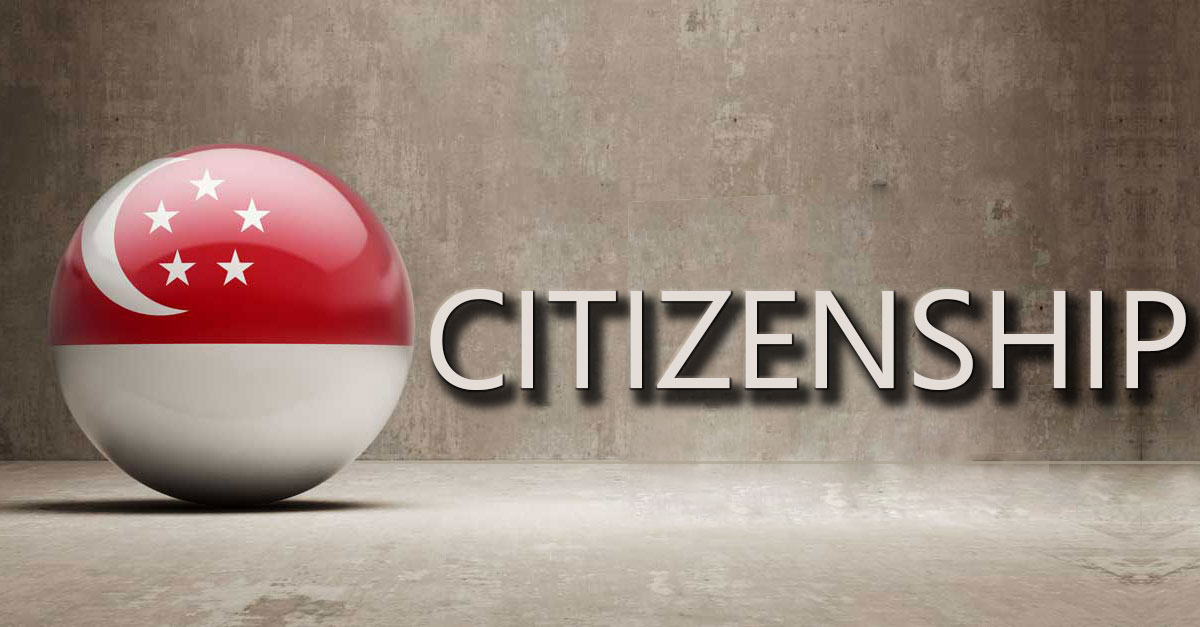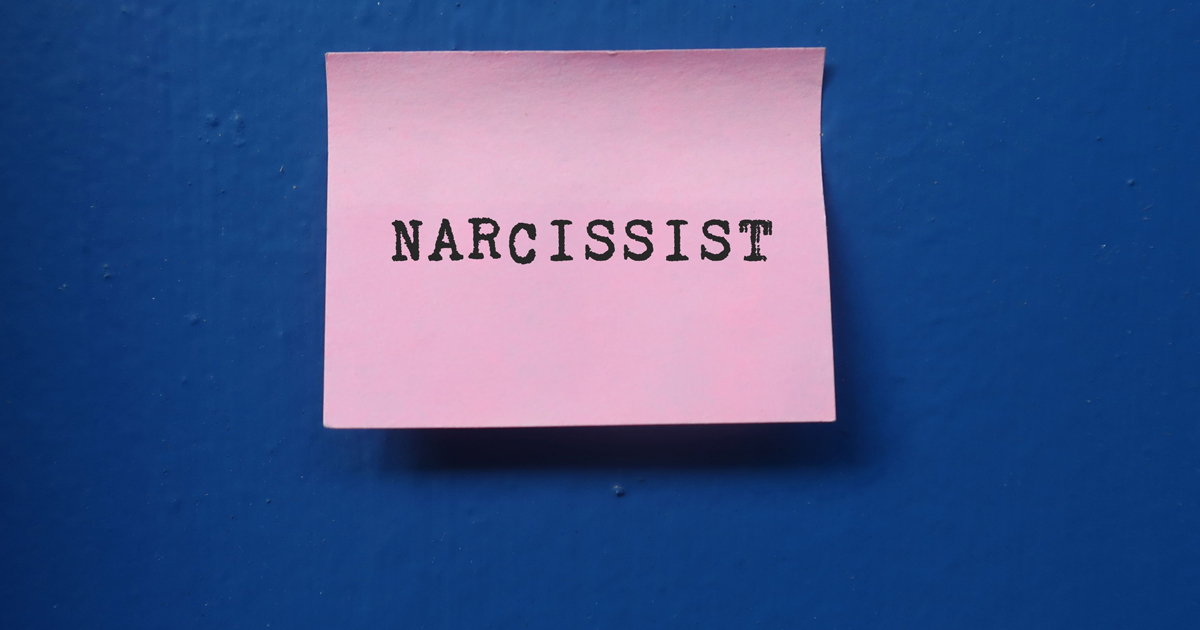Article 15 of the 1948 Universal Declaration of Human Rights states that everyone has a right to a nationality, and that no one shall be arbitrarily deprived of it. Indeed, citizenship is important, to the extent that some legal scholars have maintained that citizenship is a person’s basic right, or “the right to have rights”.
For example, in the case of the Holocaust (or Jewish Genocide), the Nazis legislated the 1935 Nuremburg laws; one of these laws, the Reich Citizenship Law, declared that only those of German or related blood were eligible to be Reich citizens. Once the Jews were disenfranchised of their citizenship, the Nazis were then able to persecute them according to the rule of law, which only applied to Reich citizens; the absence of citizenship therefore necessarily implies the lack of rights.
This is hence why citizenship is so imperative, being dubbed “the right to have rights”, as it bestows the right to an individual to defend their rights in front of a government authority.
Generally, most countries’ citizenships are granted (or denied) based on a mixture of two criteria: Jus Soli and Jus Sanguinis. The former literally means “right of soil” in Latin, and is commonly known as birthright citizenship. This means that citizenship is awarded based on the place where a person is born, regardless of parental nationality.
The latter literally means “right of blood” in Latin, which dictates that citizenship is awarded based on descent or family heritage. For example, in the US, individuals born on US soil are granted citizenship regardless of parental citizenship according to the principle of Jus Soli, while individuals born abroad to US citizens are also given US citizenship according to the principle of Jus Sanguinis.
In Singapore, however, citizenship is granted primarily based on the principle of Jus Sanguinis. If one’s father (or mother, after the 2004 Constitution Amendment Act) is a Singapore citizen by birth, registration, or descent, then one may also attain Singapore citizenship. But the principle of Jus Soli is also used, albeit on qualified terms. To elaborate, if one is born on Singaporean soil, one could be granted Singaporean citizenship, unless:
- One’s father is not a Singapore citizen, or
- One’s father was an “enemy alien and the birth occurred in a place then under the occupation of the enemy”, or
- Neither of his or her parents are Singapore citizens (Singapore Constitution Section 120 Article 2).
But Section 120 Article 3 also provides for discretionary decisions in granting citizenship with regards to part (iii).
Are there any other ways in which I may attain Singaporean Citizenship?
Besides acquiring Singaporean citizenship by birth and descent, one may also do so by way of naturalisation. You may be naturalised as a Singapore citizen if:
- You have lived in Singapore for at least 10 years preceding your application
- You have sufficient knowledge in Singapore’s national language (that is, Malay)
- You have good character (that is, being a law-abiding member of society)
Another way of attaining citizenship is also by registration. You may be eligible to apply for citizenship if you:
- Are age 21 and above and have been a Singapore Permanent Resident (PR) for at least two years prior to the date of application; or
- Have been a PR for at least two years and have been married to a Singapore citizen for at least two years prior to the date of application; or
- Are a child born outside Singapore whose parent is a Singapore citizen
In addition to these factors, there are also other factors that plays a part in successfully obtaining Singapore citizenship such as:
- Good character (that is, being a law-abiding member of society)
- Your indication of intent in permanently residing in Singapore
- Your track record of living in Singapore when you were a PR
Am I allowed to hold another citizenship if I am already a Singapore citizen?
Dual citizenship is strictly prohibited in Singapore. If you are thinking of renouncing your Singaporean citizenship, make sure that you have already attained citizenship from another country. Otherwise, should the country which citizenship you plan to acquire subsequently refuse to grant you citizenship after you have renounced your Singaporean citizenship, you would become stateless. That essentially means that there is no government that is responsible for you in any jurisdiction. And if you are outside of Singapore, Singaporean embassies would be unlikely to assist you in times of trouble because you are no longer a citizen of the country.












